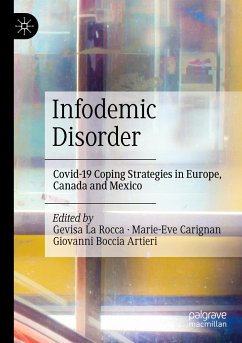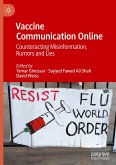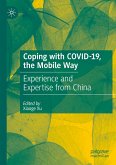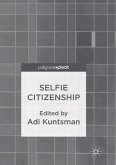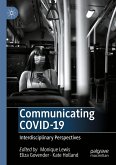This contributed volume identifies how the information processes of public institutions and citizens have changed throughout the COVID-19 pandemic, within a new context that emerged: the infodemic disorder. Public debate is largely characterized today by a crisis of the legitimacy of institutions, accompanied by a crisis of authority in public communication, leading to the emergency of a state of information disorder due specifically to the need to find information related to the coping of the pandemic. This condition is characterized by growing attention to issues related to 'fake news', 'misinformation', and 'media manipulation', that are intertwined in digital platform ecosystems, and the effects of which on democracy, public communication and research, and the sharing of information in the civic sphere are broad and far-reaching. This volume analyzes the links between communication strategies of public institutions, and the resulting citizen communication, in an attempt to tease out how communication processes have changed during the pandemic. It was decided to investigate this infodemic disorder as it appeared in three different geographical contexts: Europe, Canada and Mexico and, at the same time, to bring out the formal and informal coping strategies implemented by public institutions and citizens. Beginning with an introduction to the crisis of information created by the pandemic, the contributors build a theoretical framework, provide contagion data, and subsequently, for each of the geographical contexts analyzed, explore the public communication strategies and those activated by citizens seeking to share information.

